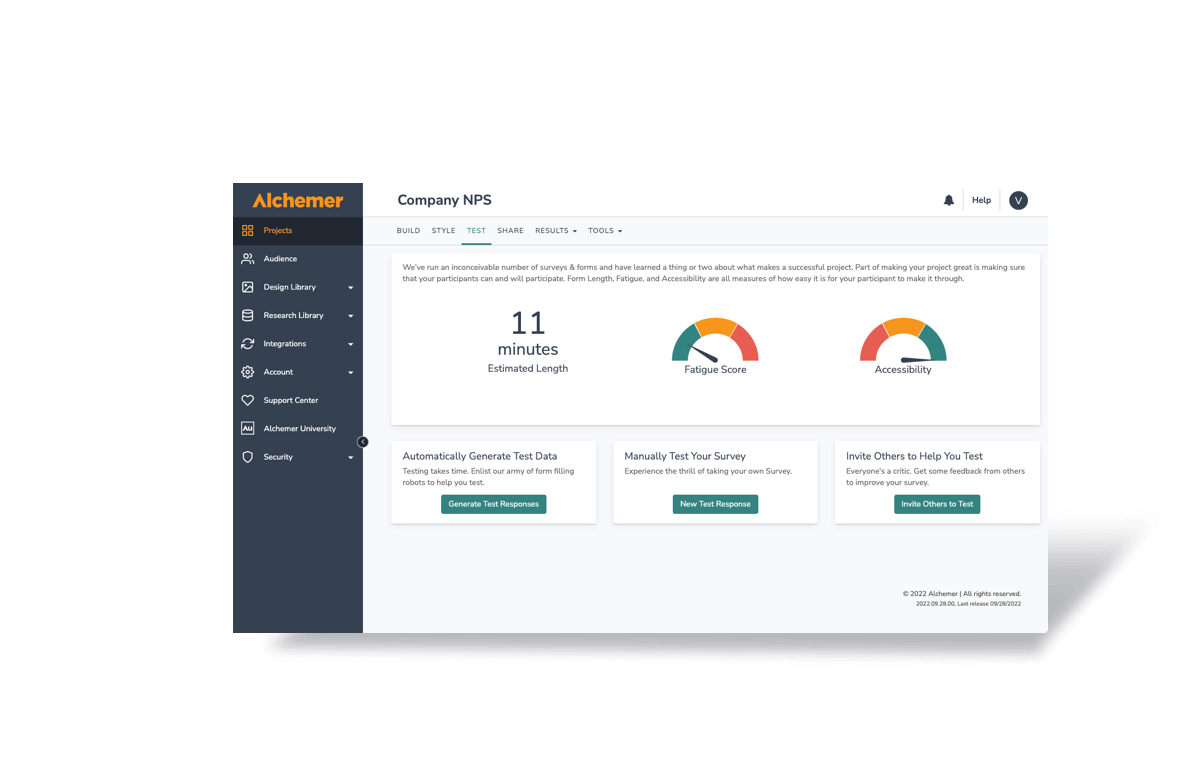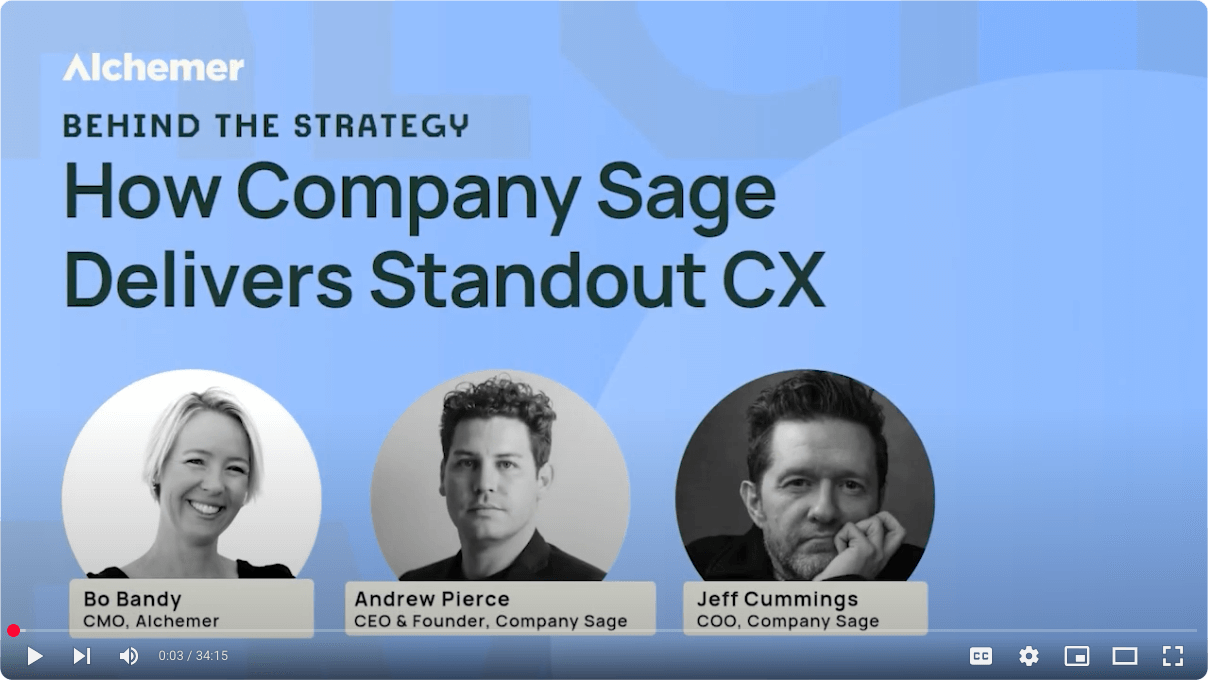One of the classic questions for someone faced with creating a survey is, “Is my survey too long?” In fact I get that question all the time. Or variations such as, “How long is too long for a survey?” “How long can I make my survey?” or “What is the right number of questions for my survey?”
These are all good questions, but unfortunately there is no ONE good answer. The “right” number of questions for a survey depends on the survey, the survey audience, and your resources for acting on the information received.
This means we need to look at the factors that determine an acceptable length for a survey and use those to guide our thoughts on survey length (for both online surveys and offline surveys).
The main factors that determine an acceptable length for your survey are:
- The relationship between you and the respondent.
- The relevance of your survey’s subject matter to the respondent.
- The thought put into the survey questions and how the survey flows.
- The likelihood that you will use the information from the survey to make a decision.
- The resources (time, money, and people) you have to implement the results of the study in a timely fashion.
Let me explain each factor so that you can understand how each affects the acceptable survey length.
1. The relationship between you and the respondent.
As an example, a very loyal customer with extensive knowledge about your product can stay engaged through a longer survey. The stronger the relationship, the longer a survey can potentially be. On the other hand, if a marketer is reaching out to the general public for opinions on a new product with no prior relationship to the target audience, he or she needs to be looking at a keeping the survey short and focused.
2. The relevance of your survey’s subject matter to the respondent.
If you are doing a survey to get opinions on golf products from golf enthusiasts then the survey certainly can be longer than a community survey on the workings of its local government.
In general, people don’t mind spending a few minutes on a survey of passing interest, but will spend quite a bit longer on a survey that covers a topic near and dear to them.
3. The thought put into the survey questions and how the survey flows.
Respondent-friendly surveys are easier to complete and thus reduce survey fatigue.
While writing the survey you need to think about how much effort it will take a respondent to answer the questions. The question type (e.g. ranking questions), the content involved, and the length of the survey questions all deserve consideration when aiming for a respondent-friendly survey.
4. The likelihood that you will use the information from the survey to make a decision.
It may seem strange to think that your actions after the survey can affect how a respondent feels about your survey, but a respondent can usually tell how useful the information they are giving will be. If your respondent is wondering how the information they provide can possibly be used or is wondering why certain questions are being asked, they will likely lose interest quickly.
5. The resources (time, money, and people) you have to implement the results of the study in a timely fashion.
If a respondent sees action taken as a result of his or her input then they are more likely to complete a future survey thoughtfully.
Many surveys are used to identify improvement opportunities, but budgets and/or resources may limit the ability to implement the opportunities identified. It might take years to act meaningfully on information gathered from 100-question survey, for example, even if they were all essential questions and engaging for the respondent.
In a case like this, the survey should be broken into a number of shorter surveys and the results of each can then be acted on in a timely manner. This will keep your respondents interested in taking part in each of your surveys.
These are five factors to consider when deciding whether your survey is too long or not. You should also obtain feedback by surveying a pilot group from the target audience to help with the same decision.




